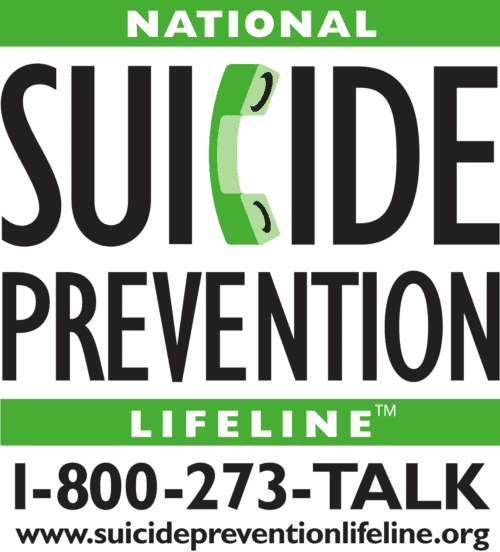This month, we learned of the passing of two well-known, successful and beloved celebrities – designer Kate Spade and renowned chef and TV personality Anthony Bourdain – who committed suicide within two days of one another. Their tragic deaths shocked the world as people wondered why two such respected, successful and beloved people (and parents of young children) would want to end their lives. I bet their loved ones had no estate planning for suicide.
The reality is that suicide does not discriminate based on age, sex, status or financial well-being. Suicide is the 10th leading cause of death in the United States, impacting countless families each year. While middle-aged men between the ages of 45 and 54 are at the highest risk, suicide rates for young adults have increased at an alarming rate.
While there’s no single cause for suicide, it most often occurs when stressors and health issues converge to create an experience of hopelessness and despair. Depression is the most common condition associated with suicide, and it is often undiagnosed or untreated. Conditions like depression, anxiety, and substance problems, especially when unaddressed, dramatically increase a person’s risk for suicide.
Suicide warning signs can range from subtle to overt. Unfortunately, warning signs are often missed or overlooked by family members, friends, and colleagues. Something to watch out for when concerned that a person may be suicidal is a change in behavior or the presence of entirely new behaviors. This is especially alarming if the new or changed behavior is related to a painful event, loss, or change. Most people who take their lives exhibit one or more warning signs, either through what they say or what they do.
Talk - Take note if a person talks about:
Behavior - Behaviors that may signal risk, especially if related to a painful event, loss or change:
Mood - People who are considering suicide often display one or more of the following moods:
Thankfully, we have never had a client or family member contact us regarding the estate of a loved one who has committed suicide and we hope we never will. A question that all families have to wrestle with at some point after the untimely death of a loved one is what happens to their estate?
In the case of suicide, they may wonder if the manner of death will somehow impact his or her wishes as written in a will or trust. The answer, thankfully, is no. A properly executed estate plan spells out exactly what happens to a person’s belongings at death and will be followed so long as it is valid. The manner of a person’s death is ultimately irrelevant so long as the plan was executed properly. There is an exception…
There is a significant caveat to the above for anyone with a life insurance policy. Life insurance is a legally binding contract. Any benefits to be paid under the contract are ultimately controlled by the language in that agreement. Many life insurance policies contain what are commonly known as suicide exclusion clauses.
The extent of such clauses may differ, in as much as some have sunset provisions, but the end result is the same. If an individual takes their own life and the suicide clause takes effect, any benefits to be paid under that life insurance policy will likely be void. This becomes especially problematic if a person’s estate plan relies partially or entirely on life insurance proceeds.
The Bottom Line
Suicide is a painful subject, but talking about the risk factors and warning signs is the key to preventing it. If you or a loved one needs help, below are two free and confidential resources. There is hope.
National Suicide Prevention Lifeline - Call 1-800-273-8255. The Lifeline provides 24/7, free and confidential support for people in distress, prevention and crisis resources for you or your loved ones, and best practices for professionals.
Crisis Text Line - Text CONNECT to 741741 in the United States to talk to a live, trained counselor anytime, about any type of crisis. They will text you back and let you know that they are there to listen.
